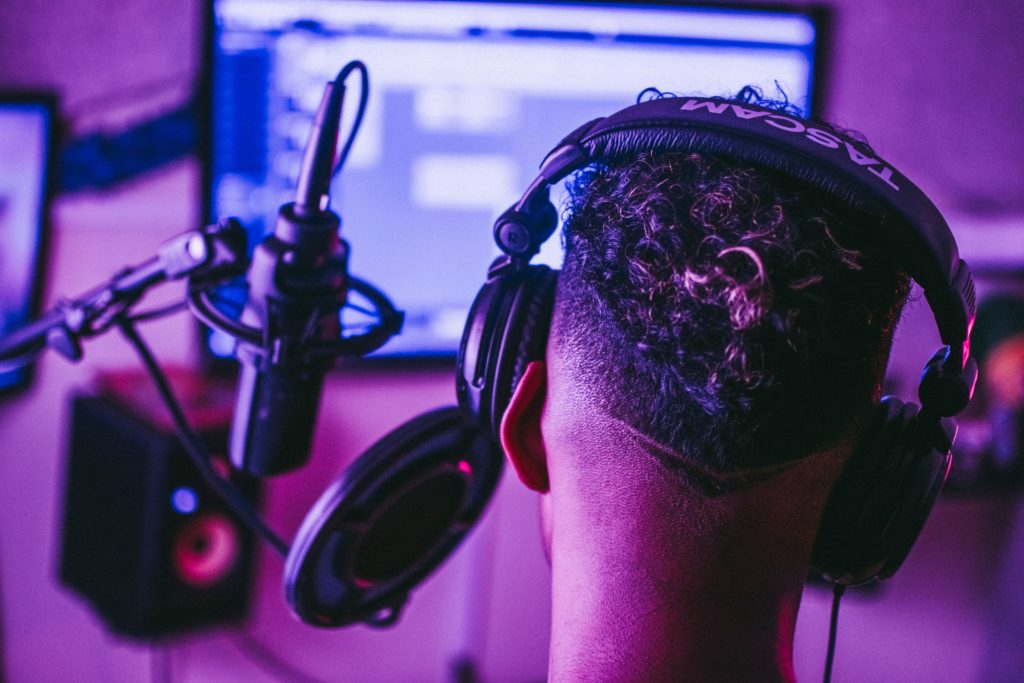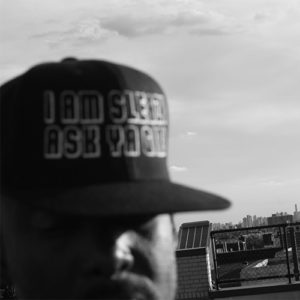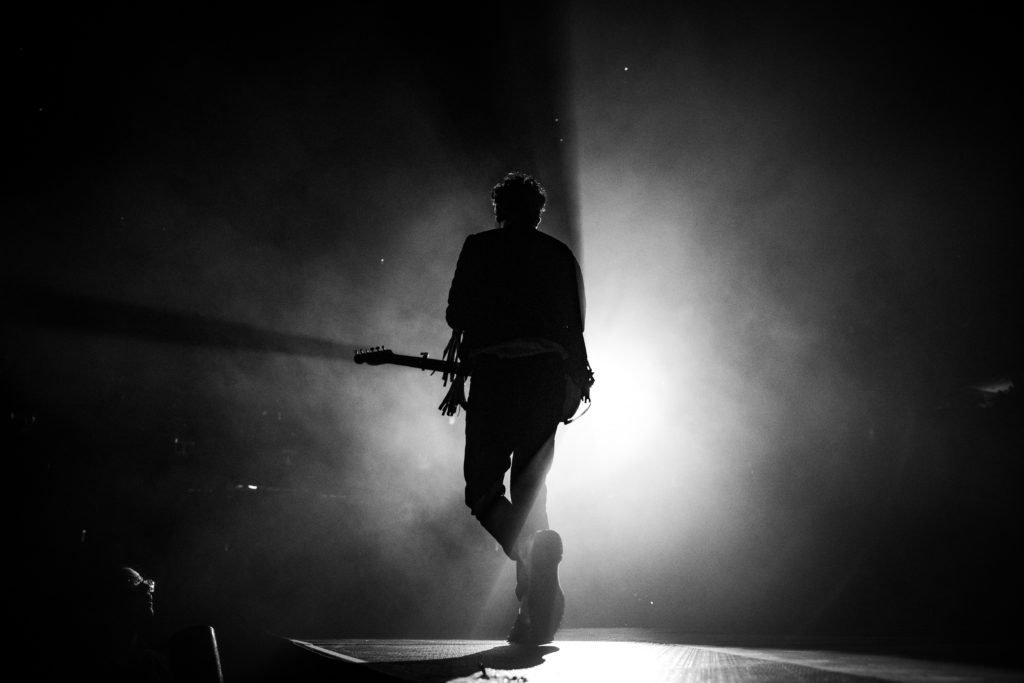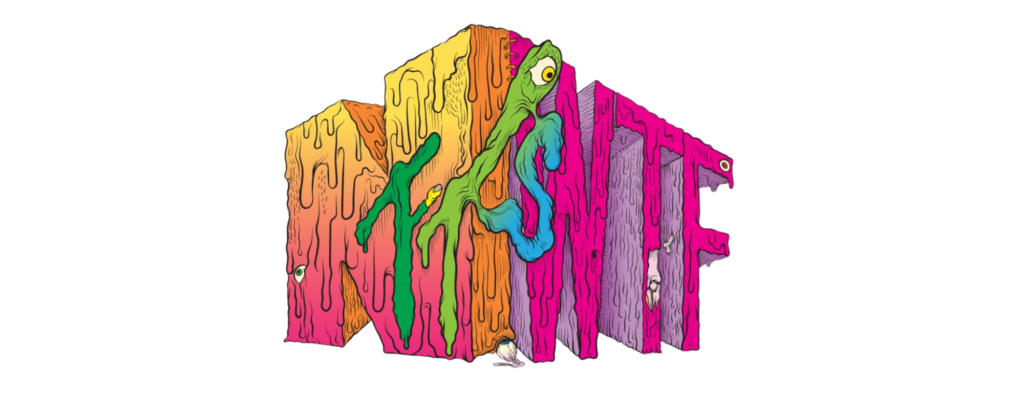There is no real blockchain-based competition to current music industry giants such as Spotify, Apple Music and YouTube. The so-called democratization of the music business that the internet and MP3 technology promised at the turn of the century has, predictably, failed to materialize. https://amplify.art/ intends to change all of that.
“I saw contracts in the music industry that paid the artist almost nothing for their work and then took their art away from them. The musicians literally never owned the music they made. It was disgusting.” – Russ Franklin, co-founder of Amplify Art
Built on the Near Protocol, a blockchain that uses Aurora, an Ethereum Virtual Machine, they intend to be a scalable and future-safe platform with low transaction costs for their end-users. Amplify.art is a new music site based on Non Fungible Tokens. And they just launched the beta version of their website on July 12th. The site allows artists to mint NFT’s and enables fans to trade them on a secondary market or retain possession of their NFTs and accrue a wide range of benefits.

“NFT’s enable all sorts of cool ways for artists to reward their fans through airdrops, exclusive access, and of course true ownership of the music and its income streams. The beauty is that whatever benefits the NFT holds, it is always under the artist’s control.” – https://amplify.art/
https://amplify.art/
Music on the blockchain is in its infancy. Many projects are poised to capitalize on the push for decentralized finance and community building; not many are using music as the tip of their spear to attack the problem. What that means for an artist and the benefits of being active on a music platform that is decentralized remain to be seen. But in the era of de-platforming and demonetization that we find ourselves in, the arguments for blockchain native music platforms are getting louder and more robust.
“Decentralized means that no one person or entity- like a corporation – controls the platform. So no one can take it away from you, not even me.” – Russ Franklin
The twin problems of any music enterprise in the information age are mass adoption and scalability. While the blockchain is and will continue to be revolutionary, these are issues that they have failed to effectively address. Though there are many layer 2 solutions for artists to the exorbitant gas fees incurred on the Ethereum blockchain, they appear to not only be viable but ready to begin implementation. Unfortunately, while near.org/ is one of them, they have yet to hold the attention of the larger crypto community.

Music on the Blockchain itself may be new, but the lessons that musicians can learn from each other as the current NFT market expands are many, from mind-warping projects from established artists like @BT to the lesser-known artists such as @callmeLatasha.
Today’s NFT market has shown that those who can cultivate their fan base and engage with them on a personal level will be able to drive sales to their projects even in a down market. As a result, the platform that can deliver authentic experiences that build community and leverage the power of the “super-stan” will continue to dominate now and for the foreseeable future.



